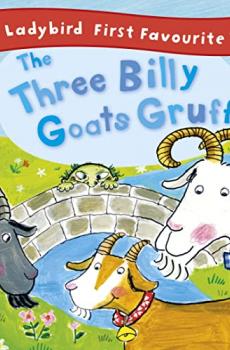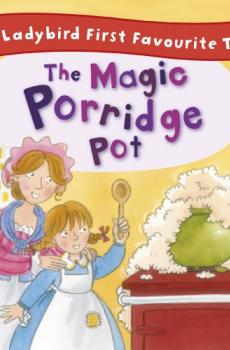The Golden Age Cook Book
The Golden Age Cook Book
Đăng nhập để đọc sách và tải về file pdf miễn phí
| Nhà xuất bản | unknown |
|---|---|
| Nhà xuất bản sách tiếp cận | Public domain |
| Năm xuất bản | 2008 |
| Coppy right | Unknown |
I send this little book out into the world, first, to aid those who, having decided to adopt a bloodless diet, are still asking how they can be nourished without flesh; second, in the hope of gaining something further to protect “the speechless ones” who, having come down through the centuries under “the dominion of man,” have in their eyes the mute, appealing look of the helpless and oppressed. Their eloquent silence should not ask our sympathy and aid in vain; they have a right, as our humble brothers, to our loving care and protection, and to demand justice and pity at our hands; and, as a part of the One Life, to—
“life, which all can take but none can give;
Life, which all creatures love and strive to keep;
Wonderful, dear, and pleasant unto each,
Even to the meanest; yea, a boon to all
Where pity is, for pity makes the world
Soft to the weak and noble for the strong.
Unto the dumb lips of the flock he lent
Sad, pleading words, showing how man, who prays
For mercy to the gods, is merciless,
Being as god to those; albeit all life
Is linked and kin, and what we slay have given
Meek tribute of their milk and wool, and set
Fast trust upon the hands which murder them.”
If the cruelty and injustice to animals are nothing to us, we have still another argument to offer—the brutalization of the men who slaughter that we may eat flesh. Mrs. Besant, in “Why I Am a Food Reformer,” says:
“Lately I have been in the city of Chicago—one of the greatest slaughter-houses of the world—where the slaughter-men, who are employed from early morn till late at night in the killing of thousands of these hapless creatures, are made a class practically apart from their fellow-men; they are marked out by the police as the most dangerous part of the community; amongst them are committed most crimes of violence, and the most ready use of the knife is found. One day I was speaking to an authority on this subject, and I asked him how it was that he knew so decidedly that most of the murders and the crimes with the knife were perpetrated by that particular class of men, and his answer was suggestive, although horrible. He said: ‘There is a peculiar turn of the knife which men learn to use in the slaughter-house, for, as the living creatures are brought to them by machinery, these men slit their throats as they pass by. That twist of the wrist is the characteristic of most crimes with the knife committed amongst our Chicago population.’ That struck me at once as both a horrible and significant fact. What right have people to condemn other men to a trade that makes them so readily take to the knife in anger; which marks them out as specially brutalized—brutes amongst their fellow-men? Being constantly in the sight and the smell of blood, their whole nature is coarsened; accustomed to kill thousands of creatures, they lose all sense of reverence for sentient life, they grow indifferent to the suffering they continually see around them; accustomed to inflict pain, they grow callous to the sight of pain; accustomed to kill swiftly, and sometimes not even waiting until the creature is dead before the skin is stripped from it, their nerves become coarsened, hardened, and brutalized, and they are less men as men because they are slaughterers of animals. And everyone who eats flesh meat has part in that brutalization; everyone who uses what they provide is guilty of this degradation of his fellow-men.




